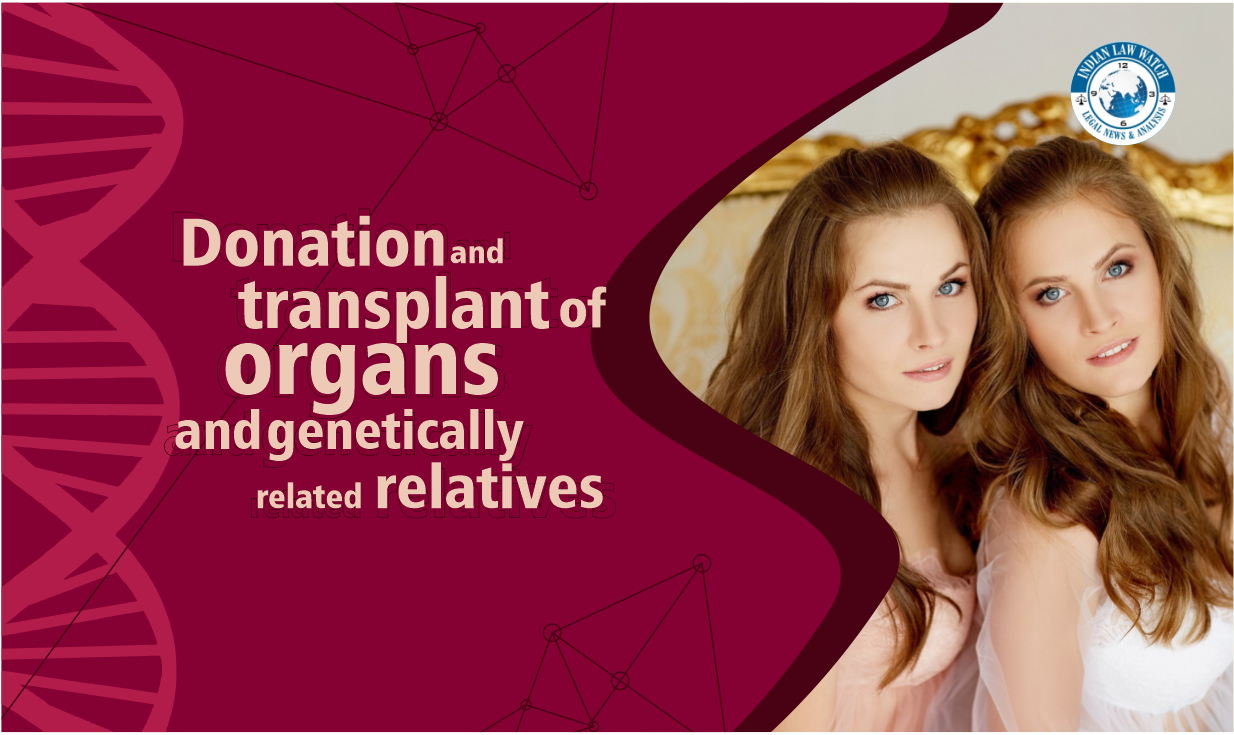

According to the rules, a proposed donation and transplant of organs is possible only among near relatives related genetically — grandmother, grandfather, mother, father, brother, sister, son, daughter, grandson and granddaughter, all above the age of 18 years. The kinship has to be determined by the competent authority as defined in Rule 2(c) or the Authorisation Committee in case the donor or recipient is a foreigner.
According to the rules, a proposed donation and transplant of organs is possible only among near relatives related genetically — grandmother, grandfather, mother, father, brother, sister, son, daughter, grandson and granddaughter, all above the age of 18 years. The kinship has to be determined by the competent authority as defined in Rule 2(c) or the Authorisation Committee in case the donor or recipient is a foreigner.
The authority may consider documents such as birth certificates, marriage certificates and other relationship certificates issued by the tehsildar, sub-divisional magistrate, metropolitan magistrate, sarpanch to determine relationship, while also scanning identity certificates like voter’s card and Aadhaar card. It can also demand a ration card and family photograph depicting the proposed donor and the proposed recipient.
If in the opinion of the competent authority, the relationship is not conclusively established after evaluating the evidence, it may, at its discretion, order a DNA test to prove kinship.
When the proposed donor or the recipient are foreigners, a senior embassy official of the country of origin has to certify the relationship between the donor and the recipient. In case a country does not have an embassy in India, the certificate of relationship, in the same format, has to be issued by the government of that country.
The Authorisation Committee examines the cases of all Indian donors consenting to donate organs to a foreign national, who is a near relative, including a foreign national of Indian origin, with great caution. The case of Indian living donors wanting to to donate to a foreigner other than a near relative is not considered.
In the course of determining eligibility of the applicant to donate, the potential donor is personally interviewed by the Authorisation Committee, which video-graphs the interview and keeps minutes of the interaction.
When rejecting or approving the application of a proposed living donor, the Authorisation Committee must state in writing its reason for its decision either way.
Source: Economic Times





